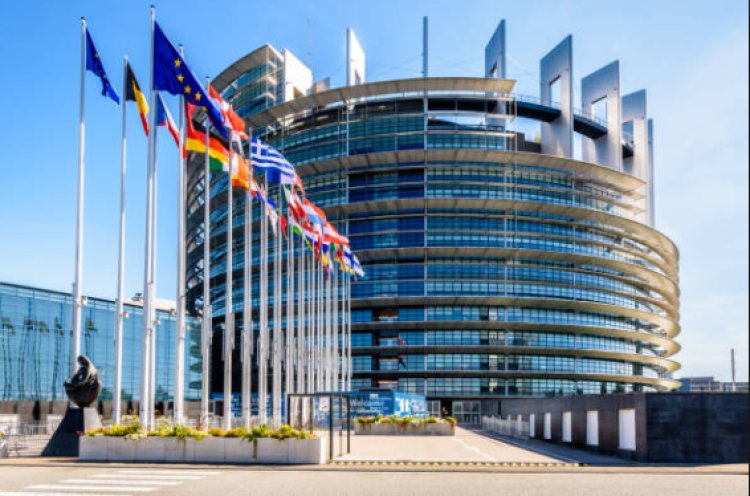European Union Proposes Law to Ban Products made from Forced Labour
BRUXELLES — The European Union announced on Wednesday that it intends to ban all goods derived from forced labor, a move that analysts predict will have a negative impact on exports from Xinjiang, the Chinese region where Beijing is suspected of forcing ethnic Uyghurs to work in camps

The European proposal followed a December policy change in the United States that specifically targeted goods from Xinjiang. The EU plan made no mention of Xinjiang, but China is widely regarded as a target of the bill, with the bloc increasingly under pressure to address Beijing's human rights violations.
Rights groups accuse Beijing of human rights violations against the Uyghurs, a Muslim ethnic minority in Xinjiang, including mass forced labor in internment camps. The United States, which accuses China of genocide, passed legislation in 2021 that makes it illegal to import goods from Xinjiang.
The law in the United States prohibits all Xinjiang products. In contrast, the European bill would apply to all goods deemed to be circulating within the EU
 Forced labor camp in China Xinxang Province PHOTO FILE
Forced labor camp in China Xinxang Province PHOTO FILE
China, a major cotton producer that also provides materials for solar panels, denies any abuses in the region.
The EU proposal emphasizes the International Labor Organization's estimate of 27.6 million people engaged in forced labor in 2021, 11% more than in 2016.
Although the highest level per capita was in Arab states, just over half were in the Asia-Pacific region. Forced labor was a problem in high-income countries as well.
According to a proposal made by the European Commission, national agencies in the EU's 27 members should determine whether forced labor was used to manufacture a given item. The Commission would post decisions on a website to help customs officials.
The ban should cover all products, including components, and all stages of production, from extraction or harvesting to manufacturing, as well as EU-made goods and EU exports.
The proposed regulation might not have a significant impact on trade flows, but it would put more pressure on businesses to keep an eye on their supply chains.
Anna Cavazzini, a Greens EU legislator, praised the general plan but expressed worry that products would only be restricted after an investigation and claimed that, unlike in the US, the weight of evidence was not on the corporations following allegations of forced labor.
The plan will probably certainly be changed by the European Parliament and EU states, and their approval is required before it becomes enforceable.

 Steve Mburu
Steve Mburu 

























